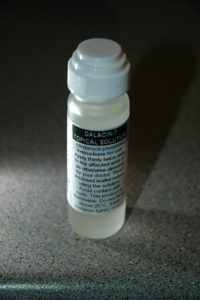What if we claim preferential tariff treatment the wrong way in order to reduce customs duties under the FTA?
Customs conduct a verification exercise on the good at random or when they have doubts about the authenticity of the certificate.
Here is an Actual case of OriginVerification of a company imported frozen Surimi (minced fish), claiming preferential tariff treatment as “goods wholly obtained” under one of Japan’s EPAs.
Customs received information from outside sources that in the process of producing the Surimi, phosphates that are not available in country A had been used as a preservative.
Customs asked the importer to provide more information about the Surimi. The importer
provided Customs with the list of ingredients. Customs examined the document and found
that the material concerned (i.e., phosphates) was included in the list. Therefore, Customs
had doubts about the originating status of this material and requested the exporting country
to conduct verification with regard to its originating status, in accordance with the relevant
provision of the EPA.
As a result of the verification, it was discovered that the phosphates used in the production
process were non-originating.

Customs determined that the Surimi was not an originating good, and therefore preferential tariff treatment was denied.
The importer made an amendment to the declaration of duty and paid the necessary amount.
Retrieved from:GUIDE TO COUNTER ORIGIN IRREGULARITIES (EXCLUDING FRAUD)
